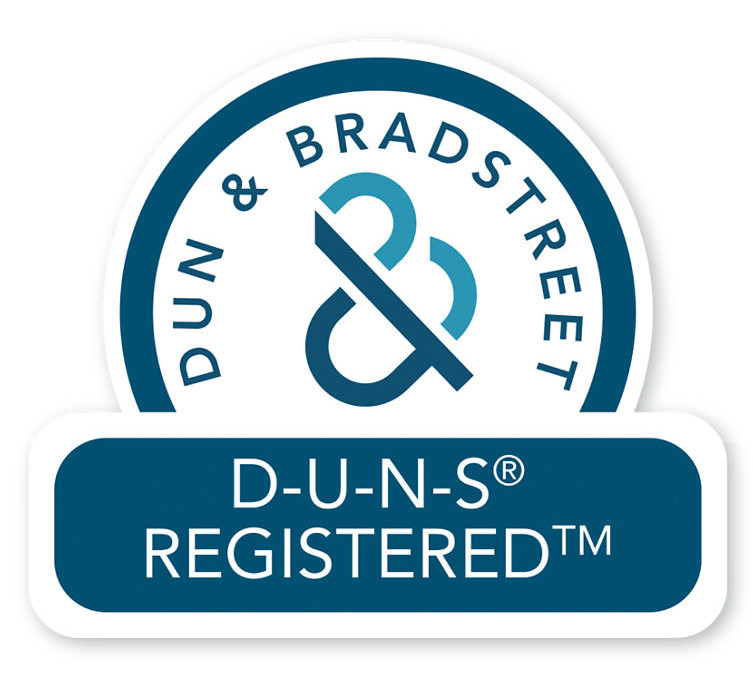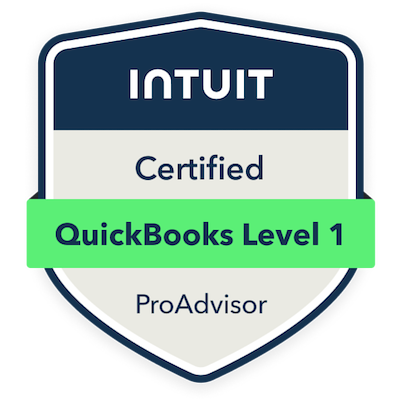
Consider the following at-a-glance comparison of bookkeeper and accountant roles to decide what your business needs:
| |
Bookkeeper
|
Accountant
|
|
Primary functions
|
- Enters financial data into books daily
- Maintains ledgers
- Categorizes transactions
- Ensures accuracy of financial data entry
- Reconciles accounts
|
- Conducts financial analyses and reviews
- Assists in budgeting
- Conducts financial forecasting
- Analyzes books
|
|
Potential additional duties
|
- Payroll processing
- Accounts receivable management
- Accounts payable management
- Banking duties
- Invoicing
|
- Performs audits
- Makes recommendations to management
- Creates compliant financial statements
- Develops tax strategies
- Prepares federal, state and local tax returns
- Ensures regulatory compliance
|
|
Interaction with other departments and offices
|
- Submits financial data to the accountant
- Often coordinates with other departments
|
- Works with the bookkeeper to ensure all tasks are completed
- Advises management on financial strategy
|
|
Career requirements
|
- Low career-entry barriers for individuals with organization and math skills
- Certifications are available but often not required
|
- Higher investment in education required
- Professional certification, such as certified public accountant, often required
- Extensive experience is a plus
|






